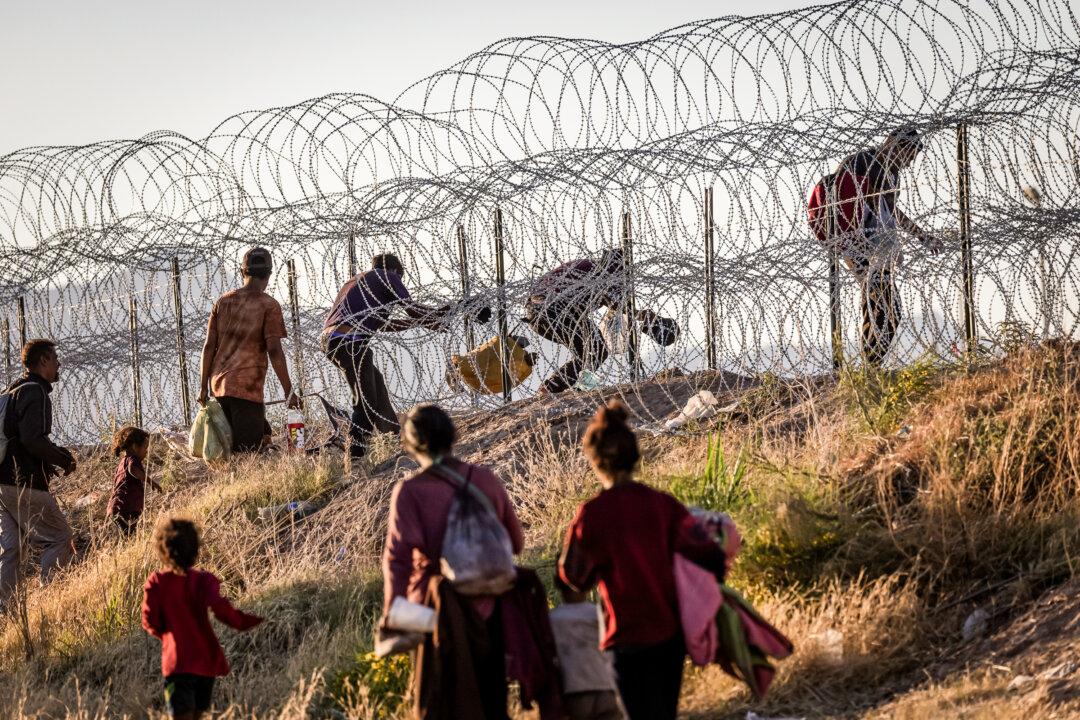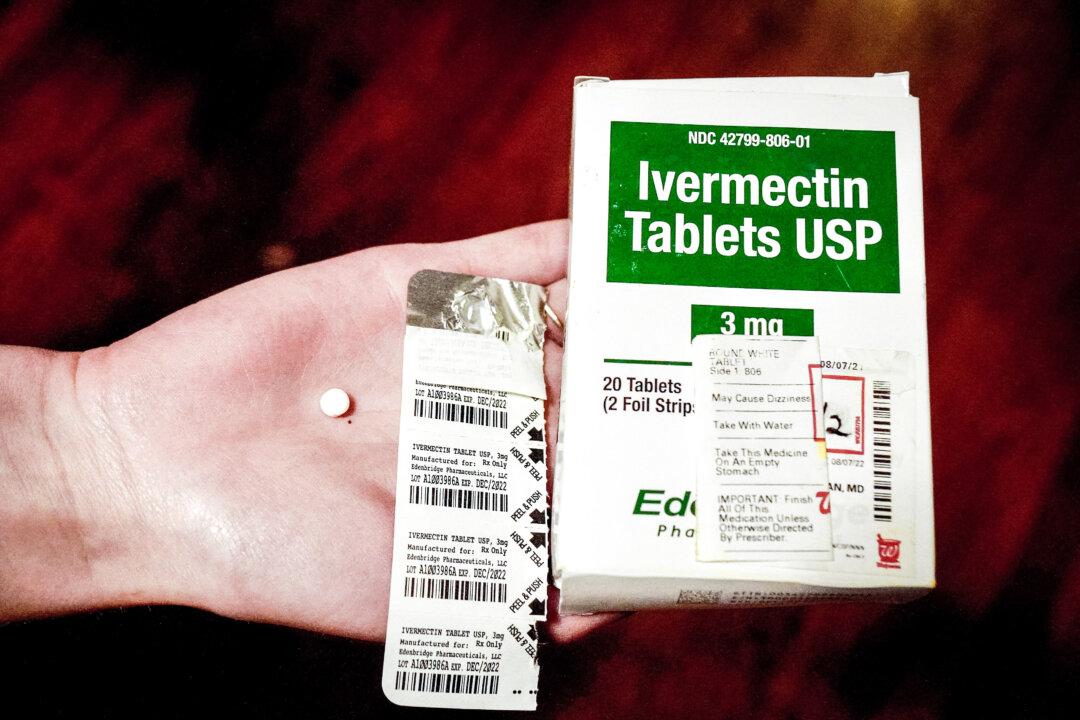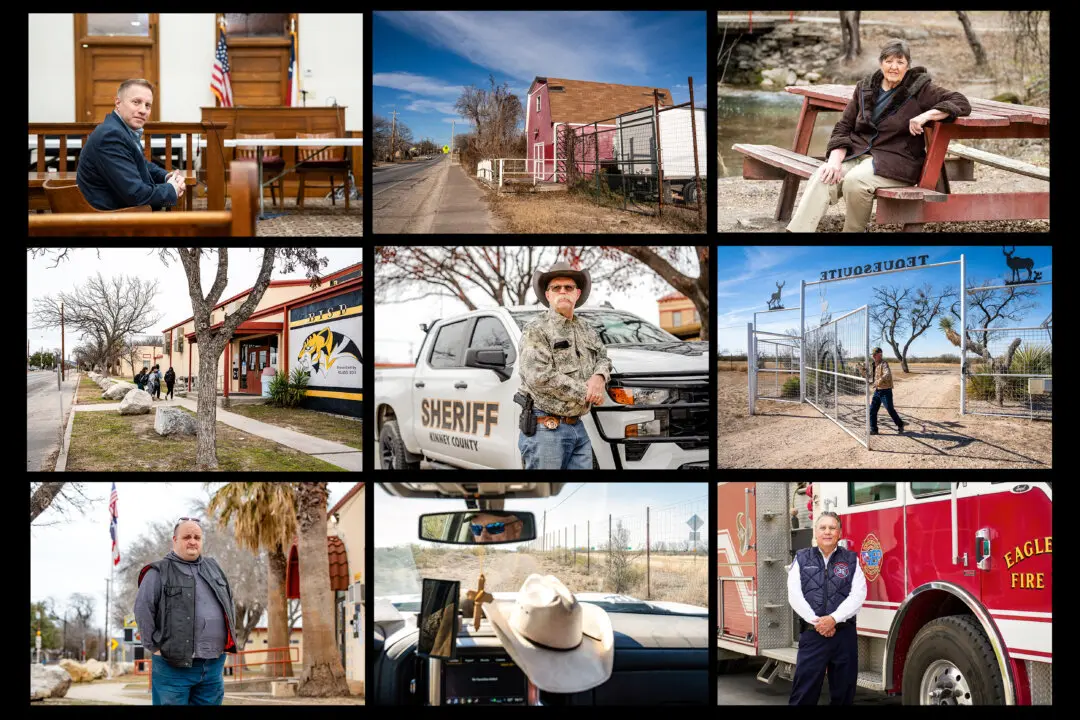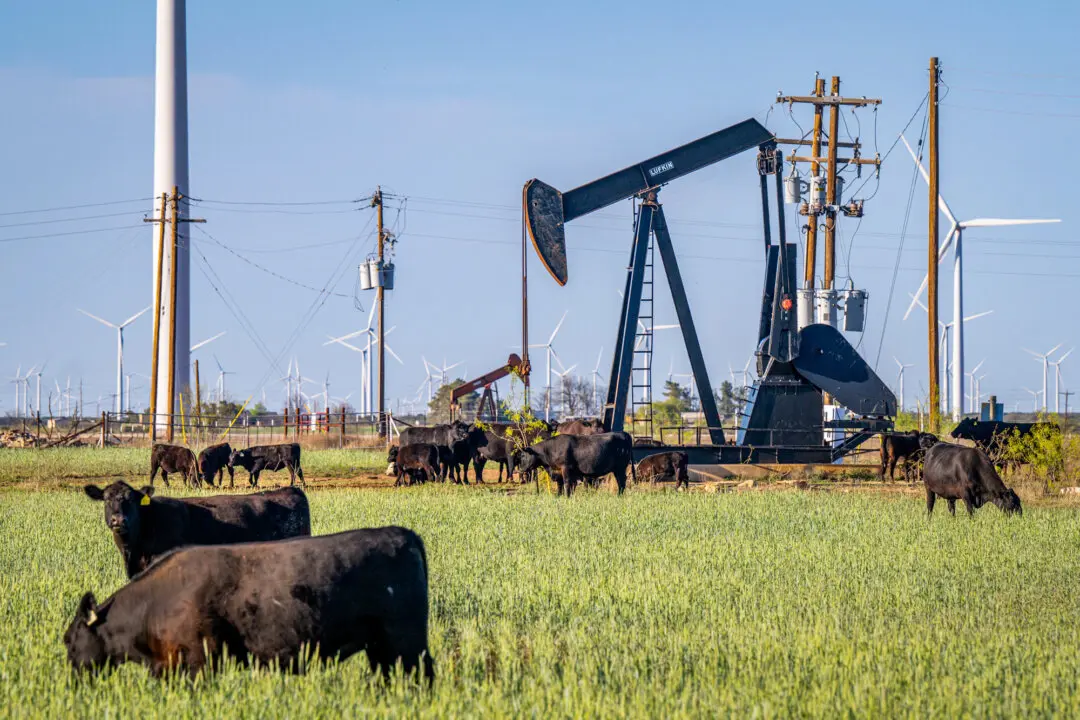AUSTIN, Texas—Lawmakers and border security analysts speaking at a Texas Policy Summit on Feb. 20 said states can now assist the federal government in battling certain cartels and gangs now that the U.S. State Department has designated them as foreign terrorist organizations and specially designated global terrorists.
The designations of Mexico-based cartels included the Sinaloa Cartel, the Gulf Cartel, the Jalisco New Generation Cartel, the United Cartels, the La Nueva Familia Michoacana organization, and the Northeast Cartel.





